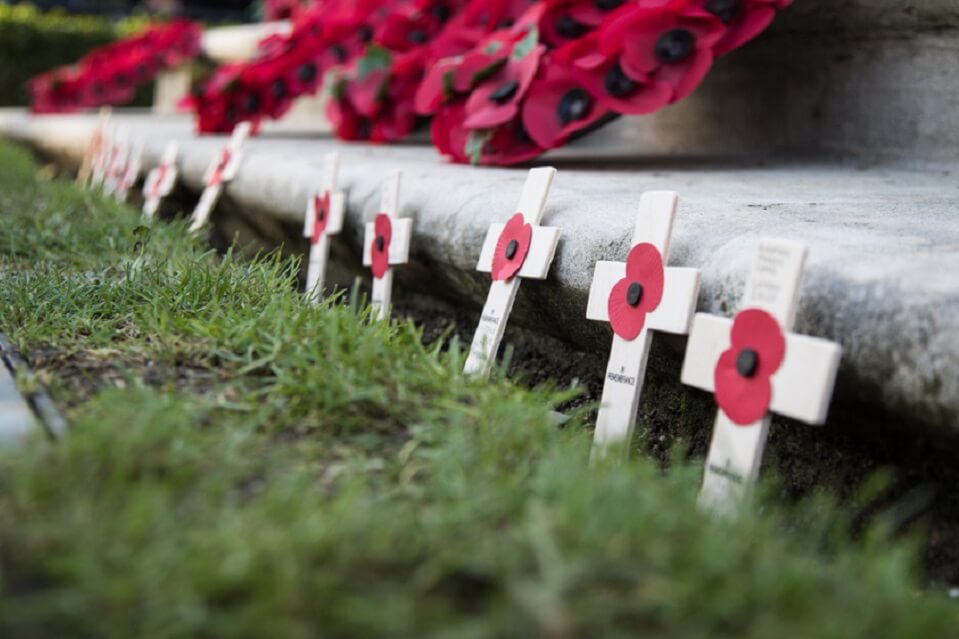Keele historian studying societal changes in commemorating military deaths

- A historian from Keele University is embarking on a new study into how military deaths are commemorated as society has changed throughout the 20th century.
- The number of British military deaths is comparatively small in the post-World War Two era compared to the first half of the 20th century, and there were unprecedented changes in society at the same time.
- The research focuses on deaths from two specific conflicts in modern history - the imperial insurgency in Malaya, 1948-60, and the recent conflicts in Iraq and Afghanistan.
Changing society
New research by a Keele historian will look at changes in the way Britain has commemorated its military campaigns as society itself has evolved.
Professor Helen Parr has received a prestigious British Academy/Leverhulme Senior Research Fellowship for her new study, which will examine how experiences of and attitudes towards military death have changed as society transformed in the post-World War Two era.
Even though Britain has engaged in several conflicts post-1945, the number of military deaths during these campaigns is comparatively much smaller in this period, compared to the first half of the 20th century.
At the same time, there has also been an unprecedented change in wider society, moving towards a more individualised, emotionally expressive culture, compared to the stoicism prevalent during the two world wars.
Remembering the fallen
Professor Parr's research will look at how these societal changes influenced attitudes towards commemorating military deaths, examining archive material and speaking with bereaved families of service personnel who lost their lives in military action.
The research focuses on deaths from two specific conflicts in modern history - the imperial insurgency in Malaya, 1948-60, and the recent conflicts in Iraq and Afghanistan.
Shaping national identity
Professor Parr, from Keele’s School of Social, Political, and Global Studies, said: “I am delighted to receive this Fellowship, which will enable me to explore how Britain’s military overseas role has impacted British society after 1945, and how individuals and wider society have remembered death in these conflicts.
“The memory of death is a neglected part of war experience, particularly in the period after 1945, and this research will help to develop understanding of how individuals responded to the death of a relative, and how military death has shaped ideas of British national identity.”
Most read
- Keele University announces new Vice-Chancellor
- Keele University’s cherry tree collection receives top accolade from Japan’s Ambassador to the UK
- Keele named global leader in planetary health across three subjects
- Researchers creating map of mosquito genes to help control disease
- Keele Law School’s Legal Advice Clinic and CLOCK now based at Keele in Town
Contact us
Andy Cain,
Media Relations Manager
+44 1782 733857
Abby Swift,
Senior Communications Officer
+44 1782 734925
Adam Blakeman,
Press Officer
+44 7775 033274
Ashleigh Williams,
Senior Internal Communications Officer
Strategic Communications and Brand news@keele.ac.uk.


